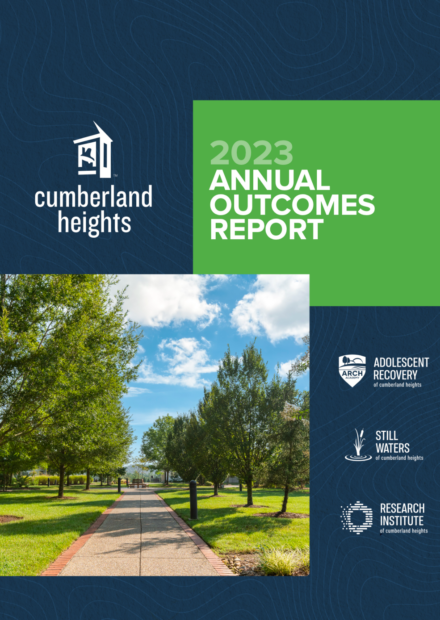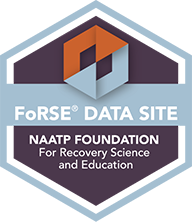About Us
The Research Institute at Cumberland Heights Foundation was created in support of our larger mission “To Transform lives, giving hope and healing to those affected by Substance Use Disorders (SUDs)”. As a behavioral healthcare system, we believe it part of our responsibility to examine our treatment practices. Acting as a bridge between academia and behavioral health providers, our strategic goals center on our collective ability to improve outcomes in support of increased recovery success.
We believe that our research helps to:
- Improve our Practices
- Better Inform our Patients
- Communicate with External Stakeholders
The current focus of our Research Institute lies within the development of our measurement systems, investment in strategic partnerships, and retrospective investigation of patient change.

Cumberland Heights has invested significantly in our ability to measure and monitor patient change. We believe that all stakeholders should have access to these data. Throughout our Resources section you can find publications (e.g., peer reviewed research and internal quality improvement reports), educational resources, and webinars (e.g., webinars and trainings).
Identifying unique characteristics of treatment success assists our staff in supporting treatment outcomes. Leveraging Latent Class Analysis (LCA) techniques, our research team is working to identify both the optimal treatment dosage and patient characteristics that are associated with the highest odds of treatment success.
The use of Medication Assisted Treatments (MAT) are associated with decreased risk of overdose and decreased craving. These medications support individuals across the continuum of recovery. Our research team has begun a multi-year longitudinal investigation to identify the efficacy of these medications beyond the first year of administration (i.e., years 2-4 post-discharge treatment intervention).
The Substance Use Disorder (SUD) Outcomes Network is a shared cloud-based data repository. Launched on January 1st, 2020, the network was constructed to support longitudinal collection of patient outcomes posttreatment. Six behavioral health providers contributed in founding the SUD Outcomes Network (Cumberland Heights, Fellowship Hall, High Watch, Livengrin, Pavillon, and Tully Hill).
Our Research Institute Staff and Advisory Board partners are committed to investigating our treatments, improving our practices, and contributing to generalizable knowledge.














